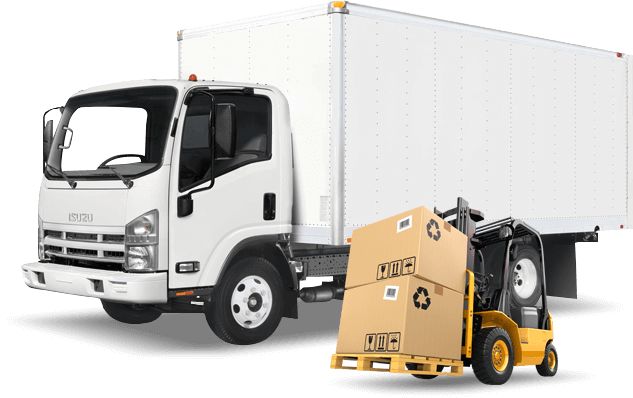Obtaining a Germany import license for Chinese goods is a critical step to enter the European market, but the process can feel complex for first-time exporters. Knowing how to get Germany import license for Chinese goods ensures compliance with EU regulations, avoids delays, and establishes a legitimate trade pathway. This guide breaks down the process into clear, actionable steps.
1. Determine If an Import License Is Required
Understand EU Classification Systems
Most goods can be imported under general license, but restricted items (e.g., electronics, chemicals, textiles) require special permits. Use the EU’s Combined Nomenclature (CN) to identify your product’s tariff code and licensing status.
Check for Product-Specific Regulations
- Electronics: Must meet CE certification (e.g., Low Voltage Directive for electrical safety).
- Chemicals: Register under REACH (Registration, Evaluation, Authorization of Chemicals).
- Food/Beauty Products: Require safety assessments and EU health authority approvals.
2. Prepare Essential Documentation
Register for an EORI Number
Apply for an Economic Operator Registration and Identification (EORI) number through the German Federal Customs Administration (Bundeszollamt). This is mandatory for all import-export activities in the EU.
Gather Core Documents
- Commercial Invoice: Details product value, quantity, and CN code.
- Packing List: Includes dimensions, weights, and packaging types.
- Certificate of Origin: Proves Chinese origin for tariff calculations (e.g., China-EU FTA certificates for potential reductions).
- Insurance Certificate: Recommended for high-value shipments.
3. Choose the Right Application Pathway
Self-Application via Zoll Digital Portal
Use Germany’s Zoll Erkennungsnummer system to submit applications online for standard goods. The portal guides you through form completion and document uploads, with processing times averaging 5–10 business days.
Engage a Licensed Customs Broker
For complex products (e.g., machinery, pharmaceuticals), hire a broker registered with the German Customs Office. Brokers like China Top Freight can streamline the process, ensuring accuracy and compliance with niche regulations.
4. Navigate Compliance and Inspections
Pre-Approval Product Testing
Some goods (e.g., toys, medical devices) require third-party testing by EU-accredited labs (e.g., TÜV Rheinland). Submit samples for evaluation 4–6 weeks before applying for the license.
Prepare for Customs Inspections
Germany’s customs authorities may conduct physical checks to verify product compliance. Ensure labels, instructions, and safety features meet EU standards (e.g., German-language warnings for chemicals).
5. Manage Licensing Fees and Validity
Calculate Costs
- Application Fee: €50–€200, depending on product complexity.
- Testing/Certification: €200–€2,000+ for specialized assessments.
- Brokerage Services: 3–5% of shipment value for full-service support.
Understand Validity Periods
Most import licenses are valid for 1–3 years, but single-use permits apply to restricted items. Renew licenses 3 months before expiration to avoid disruptions.
6. Post-License Import Procedures
Submit Declarations Promptly
Use the licensed EORI number to file import declarations with German Customs before goods arrive. Late submissions may trigger penalties (up to 0.5% of shipment value per day).
Pay Duties and VAT
Germany charges VAT at 19% and import duties (0–6%, depending on CN code). Opt for deferred payment schemes (e.g., VAT deferral via customs debt assurance) to improve cash flow.
7. Maintain Records and Compliance
Keep Documentation for 10 Years
Retain copies of licenses, customs declarations, and test reports as required by EU law. Digital archiving tools (e.g., Dropbox Business) can simplify record-keeping.
Stay Updated on Regulatory Changes
Subscribe to EU regulatory alerts (e.g., EUR-Lex) or partner with logistics providers like China Top Freight for real-time updates on policy shifts affecting your imports.
In conclusion, learning how to get Germany import license for Chinese goods involves careful planning, thorough documentation, and compliance with EU standards. By understanding product-specific requirements, leveraging digital tools, and seeking expert support when needed, you can navigate the licensing process efficiently. For end-to-end assistance in securing import licenses and managing German customs, consider collaborating with experienced partners like China Top Freight to ensure a seamless entry into the European market.


